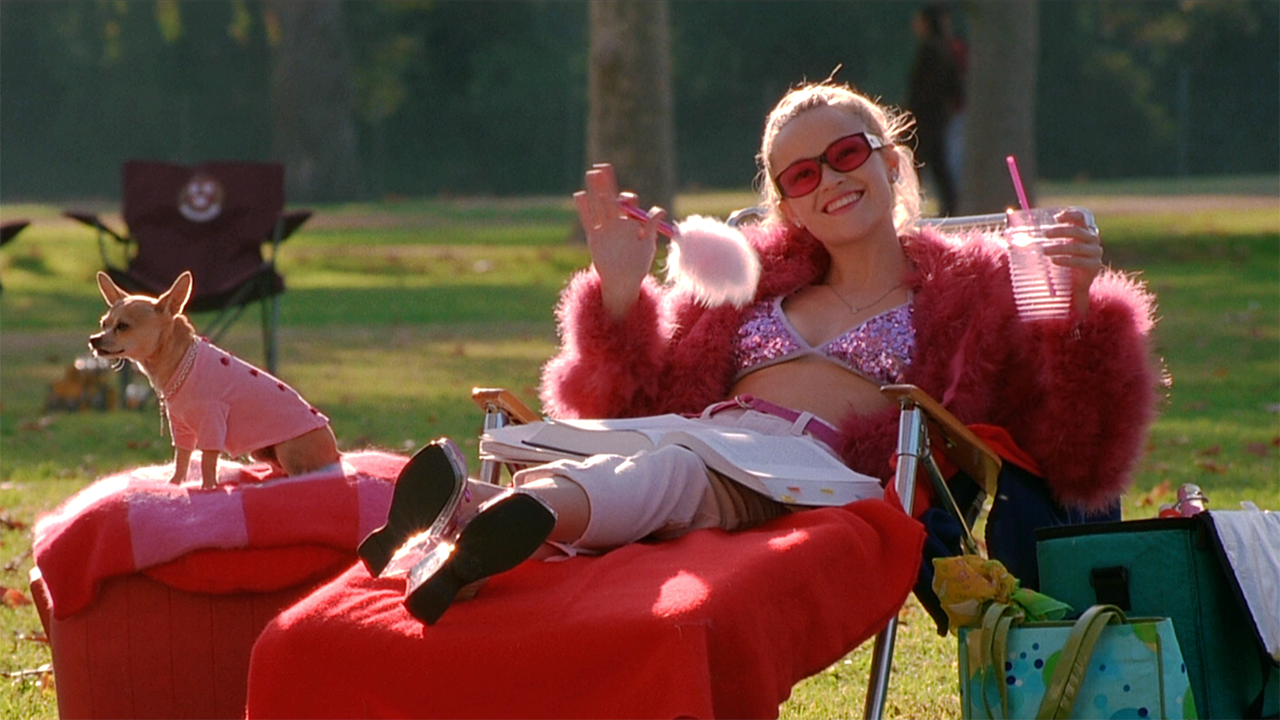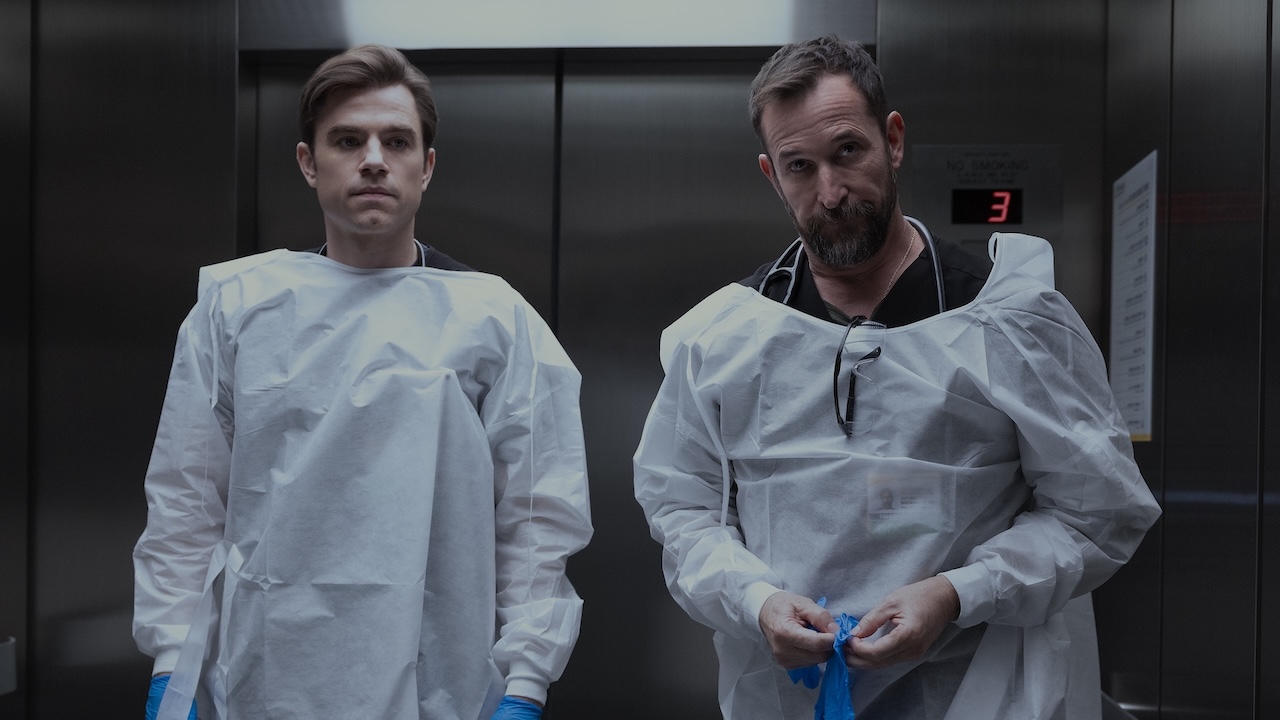Reese Witherspoon Supports Call For Disney To Create A Disabled Princess
Reese Witherspoon calls for better Disney representation.

Your Daily Blend of Entertainment News
You are now subscribed
Your newsletter sign-up was successful
Fans are getting tired of the overwhelmingly white, thin, able-bodied array of Disney princesses. While movies like Moana and Raya and the Last Dragon have been much-needed steps towards increased diversity, there are plenty of fans who still want to see themselves represented in one of Hollywood's most impressive legacies. The latest push is calling for the Walt Disney Company to create a disabled princess, and celebrities like Reese Witherspoon are standing in support of the effort.
Hannah Diviney, a 21-year-old disability advocate and writer, recently created a Change.org petition that encourages Disney to add a disabled princess to their royal roster. The Australian native, who has Cerebral Palsy and uses a wheelchair, quickly gained the support of nearly 50,000 signees – including none other than Elle Woods herself, a.k.a Reese Witherspoon.
Reese Witherspoon’s media company Hello Sunshine, a platform designed to highlight women’s accomplishments, featured Hannah Diviney for the International Day of the Girl. To do so, Hello Sunshine teamed up with Missing Perspectives, an intersectional feminist news source that Hannah Diviney currently runs as co-editor-in-chief. According to its Instagram bio, the platform focuses on "the marginalisation of young women in news and media worldwide."
Hannah Diviney’s petition saw a huge uptick in signatures after being featured on Hello Sunshine. In addition to Reese Witherspoon, other celebrity signees include the Emmy Award-winning actor Sterling K. Brown and the Victoria’s Secret Angel Martha Hunt. The petition calls for Disney to acknowledge their legions of fans who may not fit into the traditional “princess” mold. Part of Hannah Diviney's statement reads:
I’m writing you this message as a young woman who has always loved Disney films but never seen herself in them...Creating a disabled Princess (we know how influential those characters are) would give millions of children around the world the invaluable chance to see themselves having adventures, rich full lives, and being the hero of their own stories. Disney should be providing a powerful reference point for non-disabled children to understand us and our lives.
It can be easy for people who frequently see themselves represented in the media to dismiss Hannah Diviney’s points. However, the stories that children are exposed to have a huge impact on their worldview and their self-esteem. Characters in Disney films with a physical or mental disability are often portrayed as the villains or sidekicks. A highly westernized version of beauty often becomes synonymous with good, while any physical deviation from that template (let alone an actual disability) is deemed ‘bad.’
While minor positive examples of disability have snuck their way into more current Disney films, such as Giulia’s father Massimo in Luca, a disabled princess as the heroine of her own film would go a long way towards real representation.
A disabled Disney princess is no panacea. But if such a character could make a disabled child feel just a little better about their place in the world, it would be well worth the effort.
Your Daily Blend of Entertainment News
Actor, singer, and occasional dancer. Likes: fashion, books, old buildings. Dislikes: cilantro, the NJ Turnpike, sneaker wedges.

